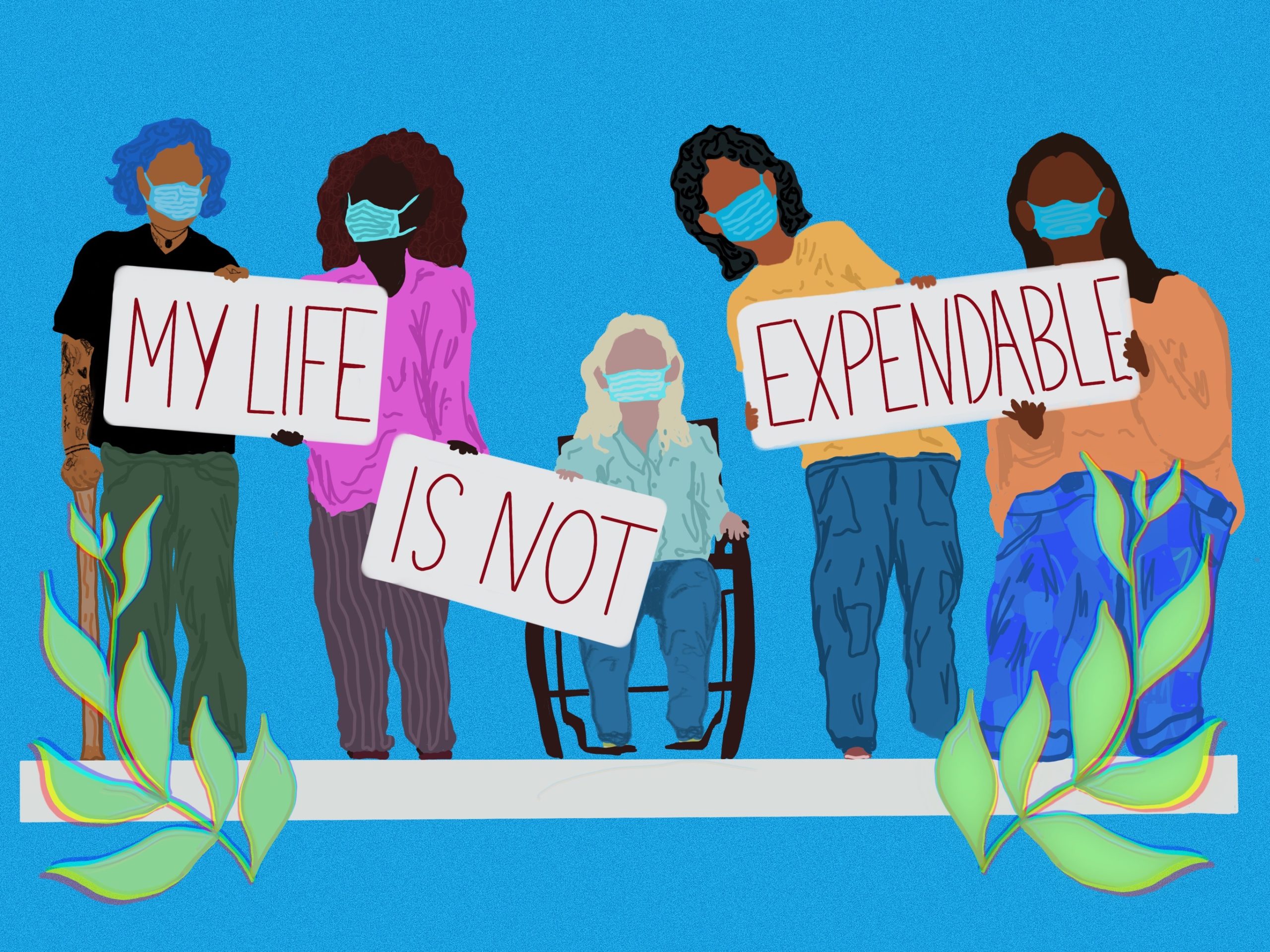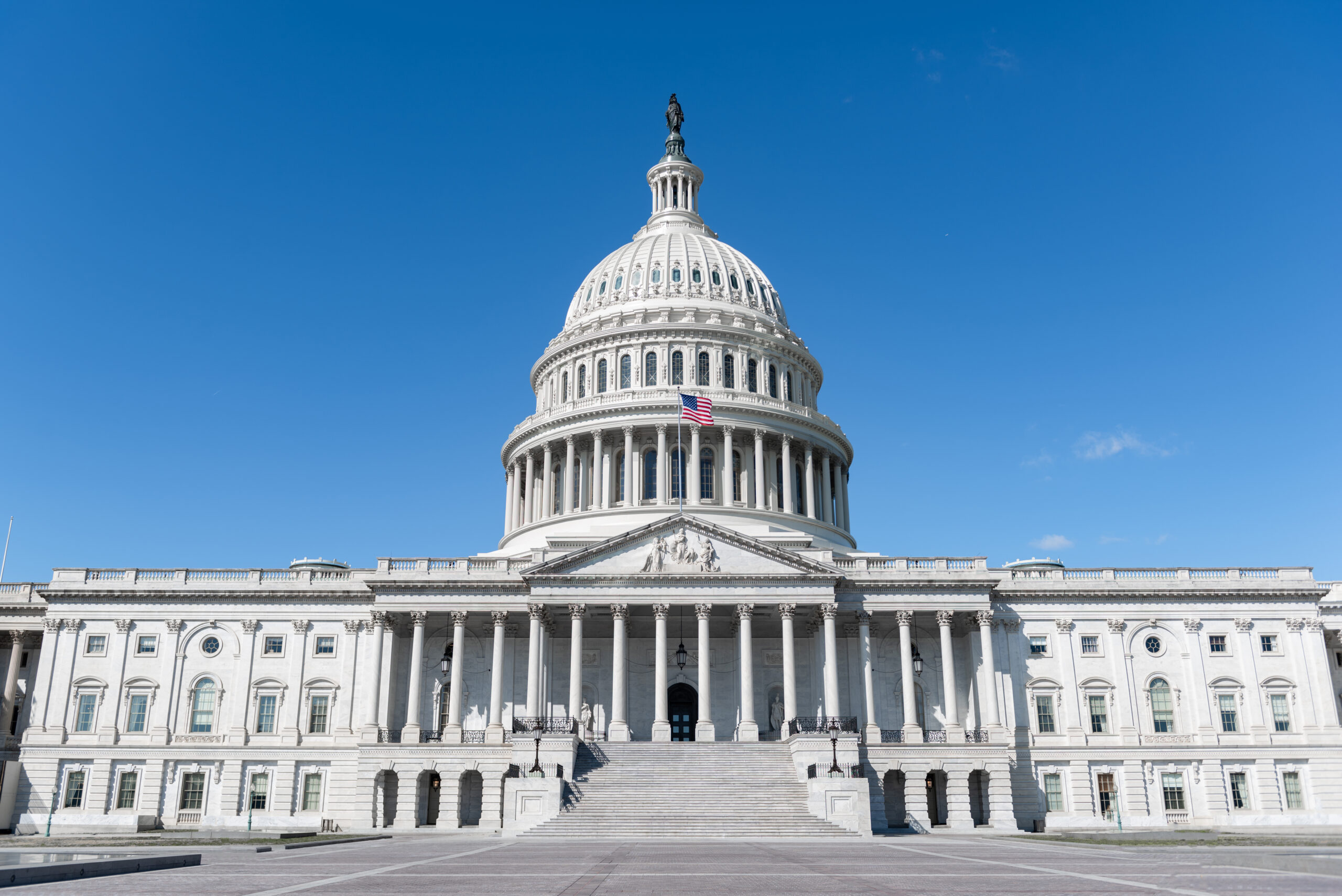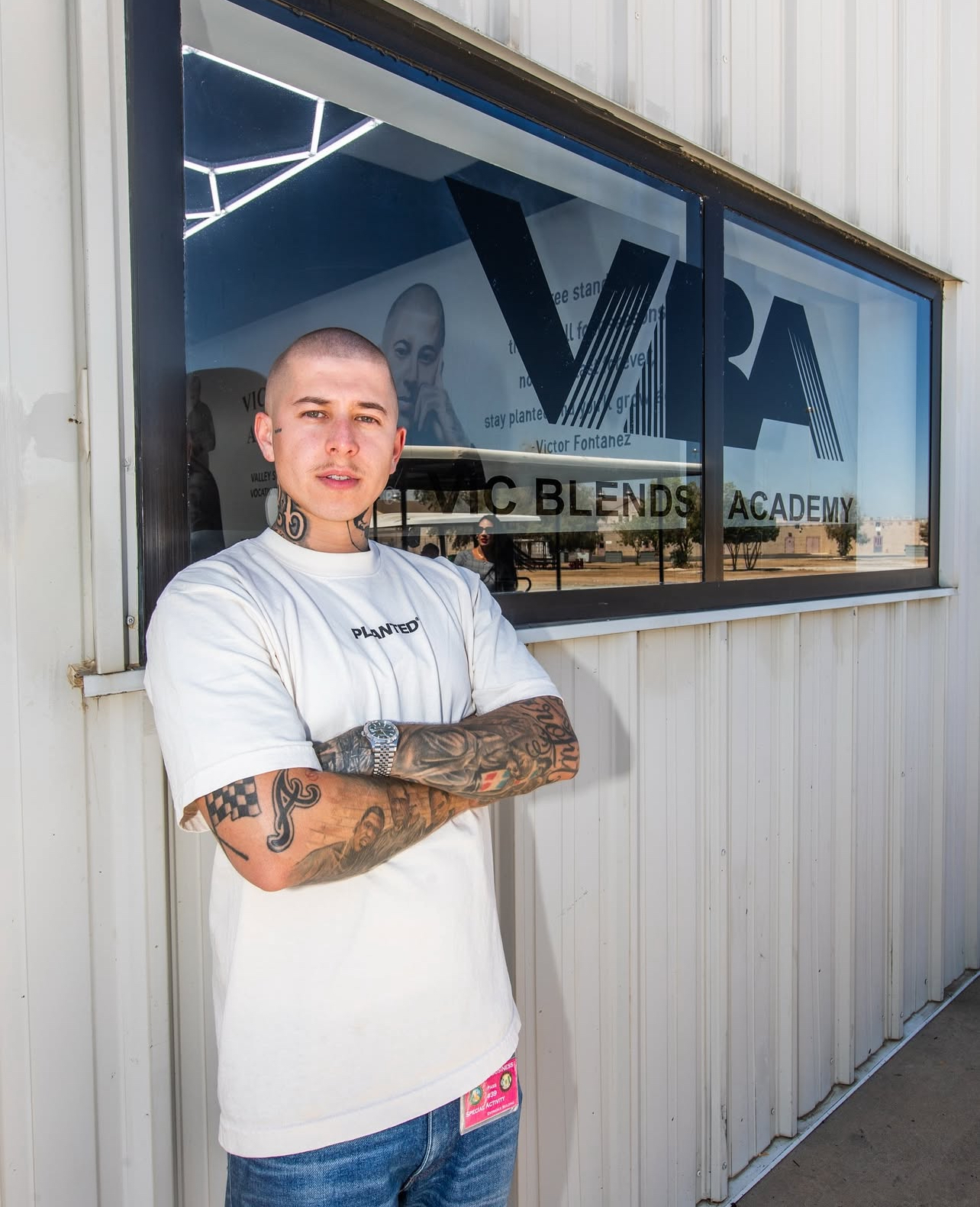
I am a high school student enrolled in Fresno Unified, and starting Friday, March 11 at 11:59 p.m., my peers and I are no longer required to wear face masks at school.
The COVID-19 pandemic has thrown my teenage years for a loop, and at 16 years old, I am always thinking about things I never thought I would have to. Figuring out how risky a social situation might be and whether it’s worth the risk. Is it safe to go over to a friend’s house without a mask because I know they are COVID-safe? What if they are positive and don’t know?
Admittedly, I think that the lines that I draw when dealing with COVID-19 are a lot more restrictive than many of my peers, but that’s because as a disabled person, I have a lot more to think about.
I live and deal with chronic pain every day. I am currently in the process of being diagnosed, but because of the pandemic, it’s taking double the time to even see a doctor. I am noticing more and more how much daily pain impacts the body. I just purchased my very first mobility aid, a cane, in hopes that it will be easier to exist in public places in spite of my pain with the extra support.
The impact of chronic pain can be found all throughout the body, but the scariest part that I am dealing with right now is the possible effect that it could have on my immune system. Not because I think I would die if I caught a cold, but because I, along with everyone else, am living through a global pandemic.
Two weeks ago, cases were as high in numbers as they have ever been, multiplied by tens. Doctors aren’t confident my body would be able to fight off a COVID-19 infection well, or at all. The same goes for so many of the disabled people living in the United States.
In a study by The Lancet, they looked at the number of reported deaths from COVID-19 in England over the span a year and found that 58% of the deaths were of disabled people. Based on numerous recent studies, disabled people are at a far greater risk of catching the virus, being hospitalized, and/or dying of COVID-19.
That being said, as a disabled student in a Fresno Unified high school, the mask mandate being lifted is a scary thing. The decision was made based on new CDC guidelines that state that healthy individuals living in places with moderate-to-low case rates can start to be in public maskless.
Key words: healthy individuals.
So many disabilities and conditions that people live with have an impact on the immune system and their ability to fight off infection, even if their condition isn’t related. When considering “unhealthy” people, you should also include your relatives and friends with ADHD or depression (an estimated 18.6% of adults have both), anyone with a heart murmur (10% of adults, 30-60% of children), and pregnant people (5% of the total population). Anyone who doesn’t have frequent physical activity is at a greater risk, according to the CDC, which includes me and most disabled people.
In the beginning of the pandemic, we all learned that masks protect the people around us, and if everyone in the space has a face covering, everyone is kept safe. The mask mandate was lifted because healthy people are able to exist in public maskless now, without any possible major risk to their physical health.
Where do disabled people fit into that?
Disabled people have already had to be more isolated as a result of this pandemic; not being able to take the risks non-disabled people have been able to. But with everyone wearing masks, at least we were able to do some things.
Now, there is zero protection in place for us, and there is nothing keeping me and my community safe. Lack of widespread COVID safety has been forcing disabled people into isolation for two years now, and this decision will only lead to further isolation.
Disabled people already deal with that isolation and ostracization as a result of their disabilities, and it should be the jobs of school districts and governments alike to make sure that their policies and decisions don’t further that discrimination. Disabled people belong in every space, and I shouldn’t have to choose between interaction with my friends and peers over my physical safety.
I urge my peers and community to continue wearing their masks, if not for yourself then for the many disabled people around you.
Disabled people asking for accommodations and changes are often met with the question, “Why should I be inconvenienced to accommodate you?” If you can’t find it in you to accommodate someone simply because it’s the decent thing to do, consider this: 1 in 4 Americans become disabled before retirement age, and one day, it might be you fighting endlessly for the most basic of accommodations.


